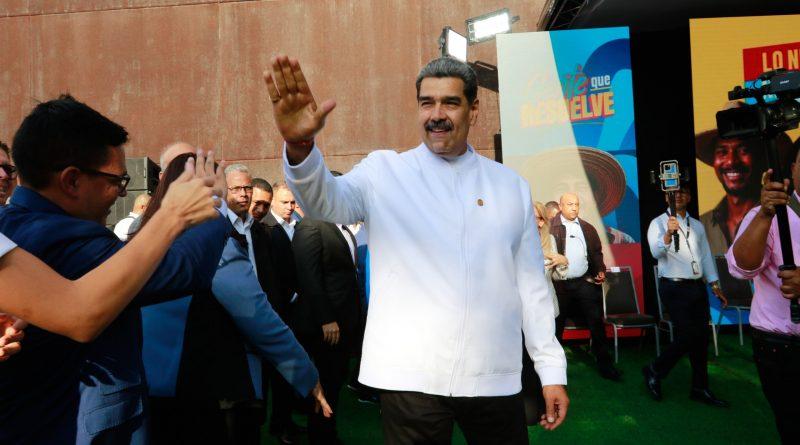In a climate of growing concern over human rights violations, the Venezuelan government reiterated its firm commitment to securing the release of Maikelys Espinoza and the repatriation of the Venezuelans currently held in prisons in El Salvador.
This announcement was made by the President of the Bolivarian Republic of Venezuela, Nicolás Maduro, during the presentation of the Legislative Plan of the candidates for the National Assembly of the Simón Bolívar Great Patriotic Pole (GPPSB).
The Importance of International Justice:
Maduro addressed the shocking, previously unpublished images circulating on social media, showing the deplorable conditions in which prisoners are being held at the Center for the Confinement of Terrorism (CECOT) in El Salvador. Among those affected are 252 Venezuelans deported from the United States, who find themselves in a situation of complete legal defenselessness:
«Let us demand that these young people who are kidnapped without trial, without the right to a judge, without the right to a defense, without having committed any crime, be released immediately so we can send a plane and bring them into the arms of their families. With the favor of God the Almighty Father, we will achieve this sooner rather than later,» emphasized the President.
A Call to the Power of the Citizen Vote:
The President also called on citizens, urging that every vote in the May 25 elections be a vote of rejection of those who celebrate the kidnapping of innocent people.
This call not only seeks to vindicate the cause of the Venezuelans detained in El Salvador, but also to condemn fascist violence and strengthen the demand for the return of Maikelys Espinoza, a victim of the United States’ coercive policy.
The fight for human rights within the regional context:
The human rights situation in El Salvador, particularly in its criminal justice system, has raised alarm in various sectors, and the Venezuelan government presents itself as a champion of the defense of these rights.
The clamorous demand for freedom and justice for its fellow citizens is an issue that transcends borders, underscoring the need for a humanitarian approach in international relations. The hope is that, through solidarity and social mobilization, these injustices can be made visible and rectified.
